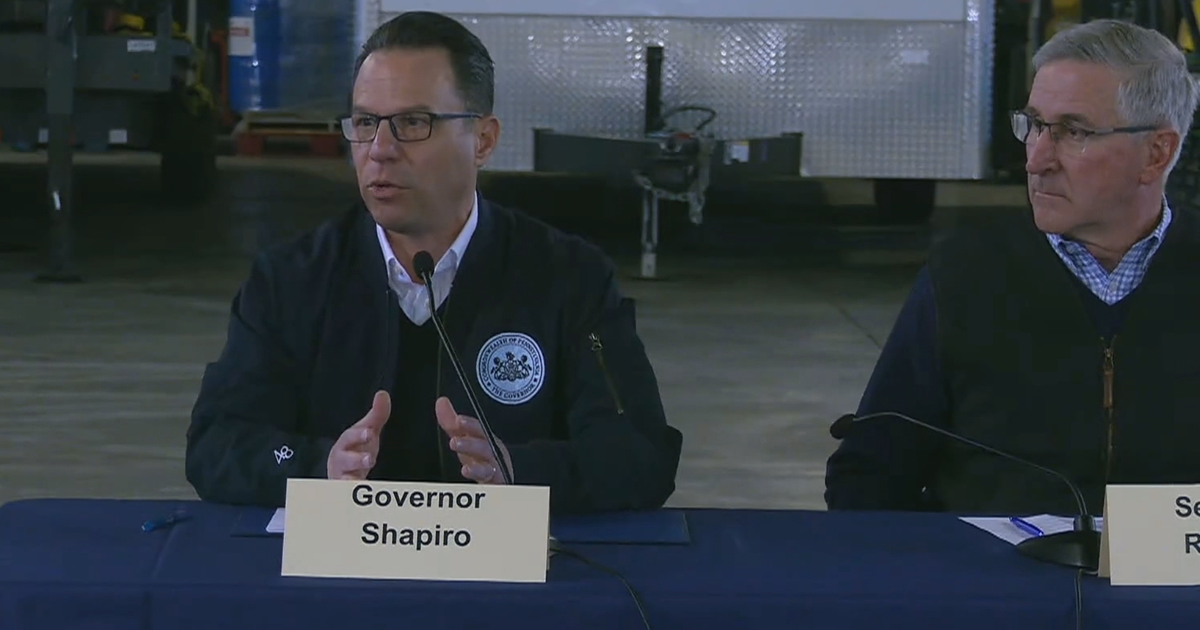Colorado E coli. scare unnerving but ability to stop foodborne illness has improved, experts say
The E. coli outbreak has sickened at least 75 people in over a dozen states, with about a third of those cases and the only reported death in Colorado. The outbreak appears to stem from onions used by McDonald's, supplied by a California-based produce company at a Colorado facility.
Health and legal experts say a history of outbreaks in Colorado has prepared officials.
On a Friday night along Broadway in Denver, Rafael Barriga sets up his food truck, Taqueria el Michoacano, thinking about the E. coli scare that has hit McDonald's hard.
"It's very important for everybody. Clean up, wash very good the food, the vegetables. Otherwise, see what happened with that company is no good," he said. "I'm scared because you know I need pay attention about everything is perfect in my food truck, everything fresh."
The U.S. Food and Drug Administration says the likely source of the contamination is slivered yellow onions used on McDonald's Quarter Pounders or beef patties.
Colorado has the most cases in the country with 26 known illnesses so far. A man in his 80s from Mesa County died. Three more states -- Michigan, New Mexico and Washington -- have been added to the outbreak, bringing the total number of states to 13.
Experts expect more cases to be uncovered.
"It's really important if, for individuals that do develop symptoms, that feel they may have had exposure to quarter pounders from McDonald's to watch themselves for symptoms," said Dr. Rachel Herlihy, state epidemiologist at the Colorado Department of Public Health and Environment.
She urged people to get in touch with a healthcare provider, "if they develop unusual symptoms and the type of symptoms we're talking about are going to be things like stomach cramps, diarrhea, maybe some nausea, vomiting, sometimes a low-grade fever."
There are already lawsuits being drawn up over the illnesses. Attorney Bill Marler represents some of those who became ill. He has sued over foodborne illnesses before.
"It's been really just in the last five or six years that we've seen bacterial contamination in onions causing outbreaks," he said. "Onions, like lettuce, are grown outside and it's subject to weather, it's subject to contaminated water, or being grown nearby a cattle feedlot."
Colorado has experience with outbreaks, including an outbreak of listeria linked to cantaloupe mishandled at Jensen Farms in Eastern Colorado in 2011. Thirty three people died, there was one miscarriage and 147 people became sick.
"If there is a silver lining in this outbreak, it is that Colorado was involved and Colorado is well known to have, you know, one of the finest public health departments and epidemiologists in the country when it comes to foodborne pathogens," said Marler, who filed suits in that case as well. "They learned things the hard way."
Improvements have come over the years in tracking cases and identifying the genetic material that can isolate the source of the illness.
"I would say that we're really always working with urgency because we know that one of our most important priorities in public health is to prevent further human illness," said Herlihy. "It is always a priority for us to investigate cases as quickly as we can to identify potential sources of human illness to prevent that next person from going on to have the same infection."
All food vendors can do is be careful.
"I don't want someday the city, the county come looking for me because somebody got sick because I got no good food," Barriga said. He says he's been fortunate in his eight years in the food truck business. "No problems, thank you, God."
CORRECTION: An earlier version of this story stated that three people died in the cantaloupe listeria outbreak in 2011.








